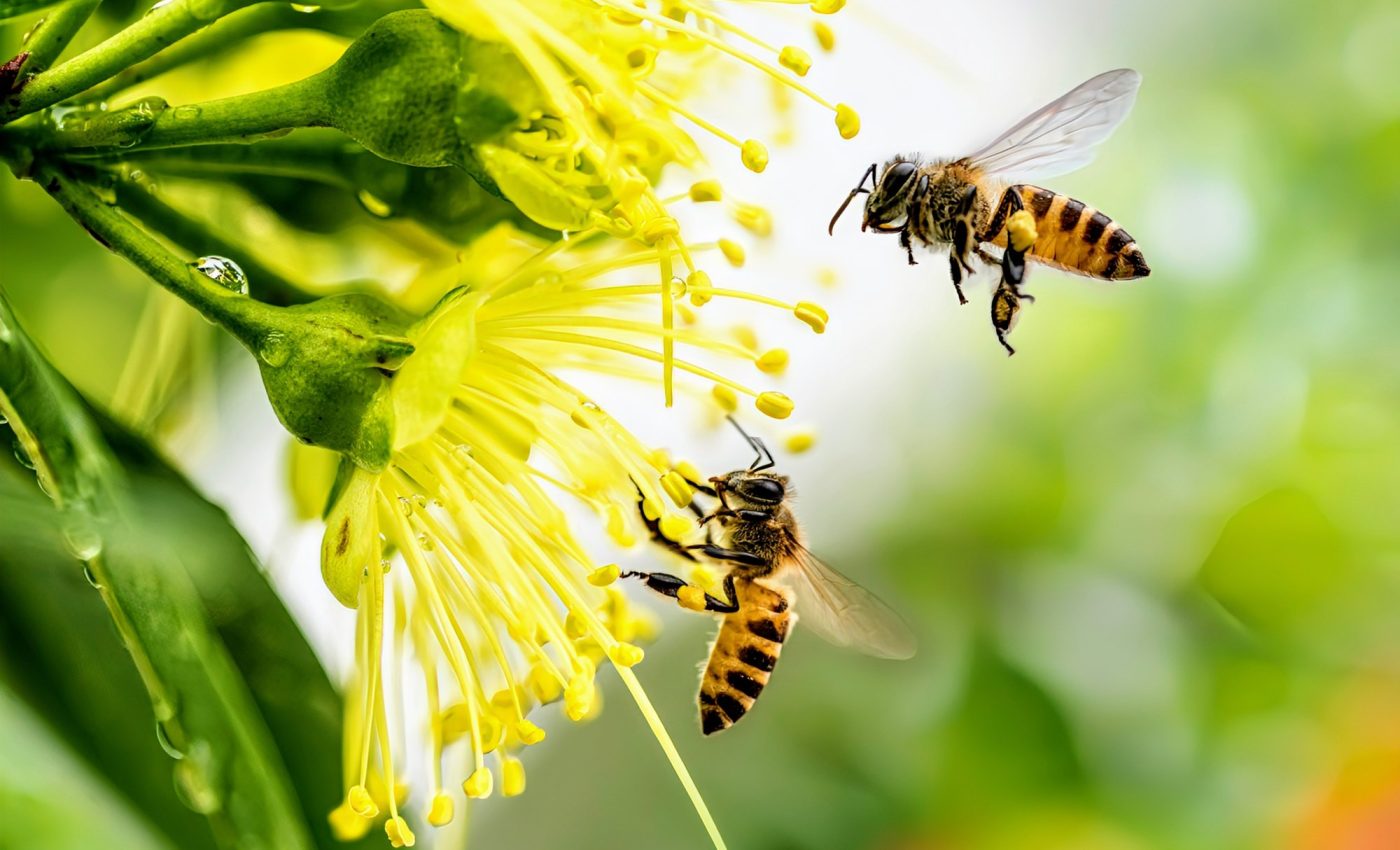
Beneficial insects are severely impacted by air pollution
A team of researchers led by the University of Reading has recently conducted a meta-analysis of 120 scientific papers, examining the responses of 40 insect types to pollutants like ozone, nitrogen oxides, sulfur dioxide, and particulate matter across 19 countries.
The investigation revealed that bees and other beneficial insects are more adversely affected by air pollution compared to the impacts of crop-destroying pests such as aphids.
Focus of the research
“Many of the essential ecosystem services that nature provides, including nutrient cycling, pest control, pollination, and the maintenance of soil structure and fertility, are reliant on the actions of invertebrate species,” wrote the study authors.
“However, globally, invertebrate populations are fundamentally threatened by a range of human activities including land use change, the introduction of alien invasive species, and air pollution.”
The experts noted that common air pollutants produced by human activities can cause significant reductions in invertebrate fitness.
“Air pollutants can have direct impacts by inducing changes at physiological and molecular levels,” explained the researchers.
“They can also have indirect impacts by inducing changes to the nutritional status of host plants, or by disrupting odor-mediated navigation and communication through chemical reactions that modify odor cues and signaling compounds (volatile organic compounds.”
Impacts of elevated air pollution
According to the experts, pollinators such as bees, moths, and butterflies, experienced a 39% decline in foraging efficiency due to elevated air pollution levels, whereas pests like aphids were not significantly affected.
“Air pollution is an underappreciated threat to the insects that make our lives easier,” said study lead author James Ryalls, a research fellow in ecology at Reading.
“The bees that pollinate our flowers and the wasps that provide natural pest control are at risk of further decline if air pollution levels are not addressed.”
Loss of beneficial insects
Since beneficial insects play a major role in pollination and natural pest control, this phenomenon could exacerbate crop damage, reduce yields, and impact food security worldwide.
The study suggests that beneficial insects are more susceptible to air pollution because of their reliance on scent-based communication. Pollutants can chemically alter these scent trails or hinder insects’ ability to detect them, disrupting their sensory navigation.
In contrast, pests often rely on direct contact or visual cues, making them less vulnerable to the impacts of polluted air.
Pollutants disrupt insect behavior
Key aspects of insect behavior and biology affected by air pollution include feeding, growth, survival, reproduction, and the ability to locate food sources.
Among these, the ability to find food was the most severely impaired, with a decline of about one-third on average.
Ozone was found to be particularly harmful, reducing beneficial insects’ ability to thrive by 35%, even at levels below current air quality standards. Nitrogen oxides also significantly impaired beneficial insects.
Air quality regulations to protect beneficial insects
The findings highlight the urgent need for stricter air quality regulations to protect beneficial insects and, consequently, food security.
“We are facing a ‘lose-lose’ scenario where air pollution harms helpful insects without affecting pests, potentially leading to greater crop damage, reduced yields, and less food on supermarket shelves,” Ryalls cautioned.
“Our findings indicate that air pollutants disproportionately impair the performance of beneficial invertebrates. These negative impacts appear to stem from the disruption of VOC-mediated food or host location by these species,” noted the study authors.
“The impacts of air pollution do not appear to vary with pollutant concentration; even moderate levels of ozone and nitrous oxides adversely affect beneficial invertebrates, which indicates that the threats posed by air pollution are likely to remain or worsen without particularly severe and draconian changes to policy.”
“As such, our results demonstrate that air pollution needs to be carefully considered alongside other threats in management plans and policies aiming to safeguard these beneficial invertebrates.”
The study is published in the journal Nature Communications.
—–
Like what you read? Subscribe to our newsletter for engaging articles, exclusive content, and the latest updates.
Check us out on EarthSnap, a free app brought to you by Eric Ralls and Earth.com.
—–













